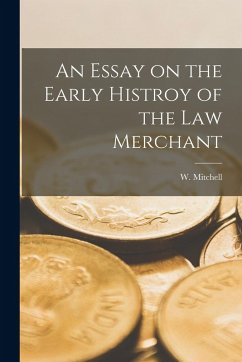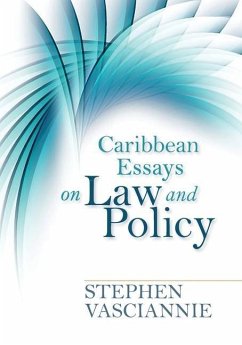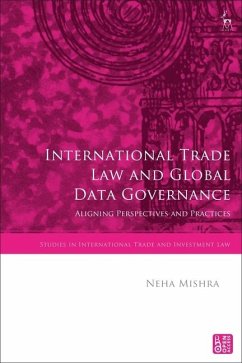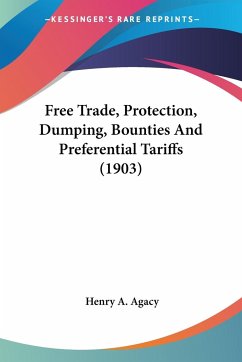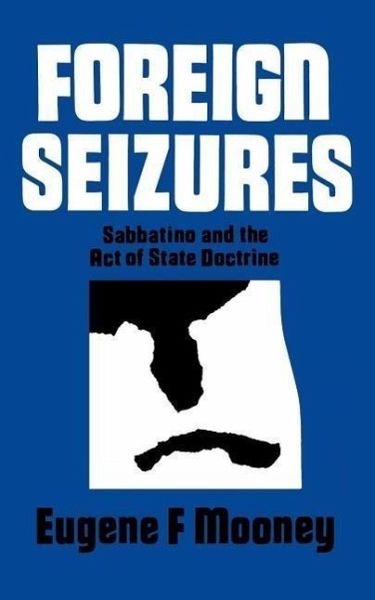
Foreign Seizures
Sabbatino and the Act of State Doctrine
Versandkostenfrei!
Versandfertig in über 4 Wochen
20,99 €
inkl. MwSt.

PAYBACK Punkte
10 °P sammeln!
The United States Supreme Court framed a unique legal doctrine on foreign seizure of American-owned property in the case of Banco Nacional de Cuba v. Sabbatino in 1963. This ruling has far-reaching implications for international law, American foreign policy, and the role of the Court in both domestic and international arenas of power. Disagreeing with the Court's decisions, Eugene F. Mooney undertakes to place the Act of State Doctrine in its proper historical, jurisprudential, and political per



